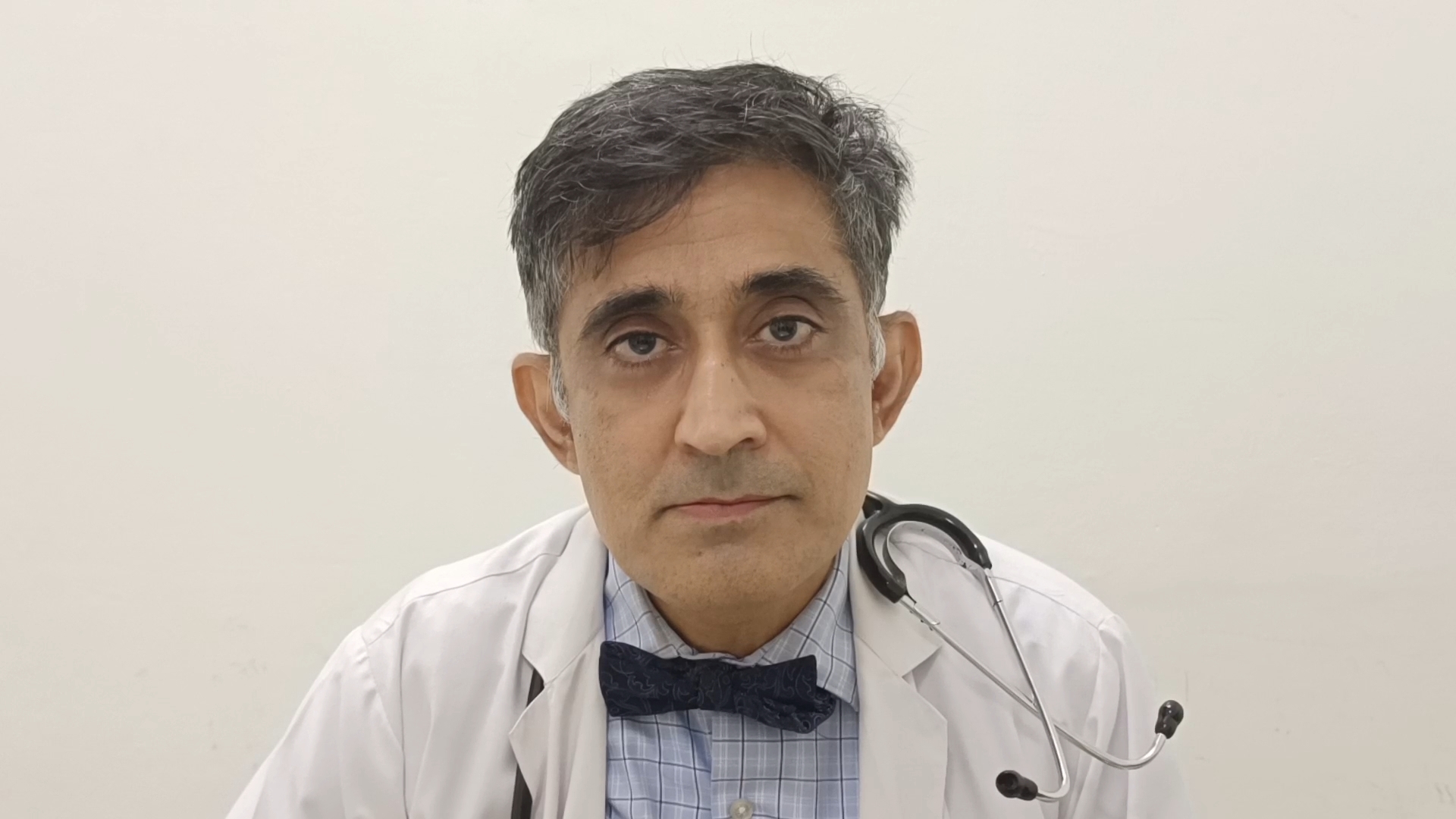
India’s Healthcare Excellence Continues to Attract Global Patients Despite Regional Challenges
India has long been a top destination for medical tourism, drawing patients from countries such as Bangladesh, Afghanistan, and several African nations, who seek out the country for its high-quality, affordable healthcare. While India’s reputation as a leader in medical care remains strong, recent geopolitical tensions are beginning to impact patient inflows, especially from neighboring Bangladesh, experts say.
During a recent media interaction at Delhi’s Pashupathi Singhania Research Institute (PSRI) and Multispecialty Hospital, medical professionals highlighted the evolving landscape of medical tourism in India. Dr. Nitin Sethi, Head of the Neurology Department at PSRI, remarked that while hospitals benefit from financial incentives through medical tourism, the real focus should be on the level of care provided to international patients. “Medical tourism is growing because hospitals and doctors receive financial incentives, but we must always ensure we offer the best care, just as we do for our own citizens,” Dr. Sethi said. "Patients choose India because they trust our doctors and the quality of care we provide. It’s a matter of pride."
Dr. Sethi emphasized that foreign patients often face unique challenges, from navigating the healthcare system to understanding cultural nuances. “It’s important that we support them throughout their treatment journey,” he said. However, he was quick to note that India’s healthcare system should not overlook its own rural population. “We must also focus on providing affordable, quality care to those in villages who are often unaware of basic health conditions like epilepsy,” he added.
Echoing these sentiments, Dr. Manoj Gupta, Head of the Department of Liver Transplants, Surgery, and Gastroenterology at PSRI, noted that medical tourism is both a growing opportunity and a challenge. “Patients from countries like Nepal, Iraq, Cambodia, and Afghanistan primarily come to Delhi-NCR for treatment, especially liver transplants. India has become a preferred destination for these procedures,” Dr. Gupta said, adding that 60 to 70 percent of liver transplants are now performed in Delhi-NCR.
However, regional instability is beginning to affect patient numbers. “Earlier, we used to see patients from Pakistan, but that number has significantly dropped over the years,” Dr. Gupta explained. “More recently, the internal conflict in Bangladesh has led to a noticeable decline in the number of patients coming to India for treatment.”
While India continues to lead in specialized medical treatments like liver transplants, experts stress the need for continued focus on providing top-tier care to both international and domestic patients, especially those from underserved regions. With the right balance of quality care, affordable treatment, and patient support, India can maintain its status as a global healthcare hub even amid shifting regional dynamics.